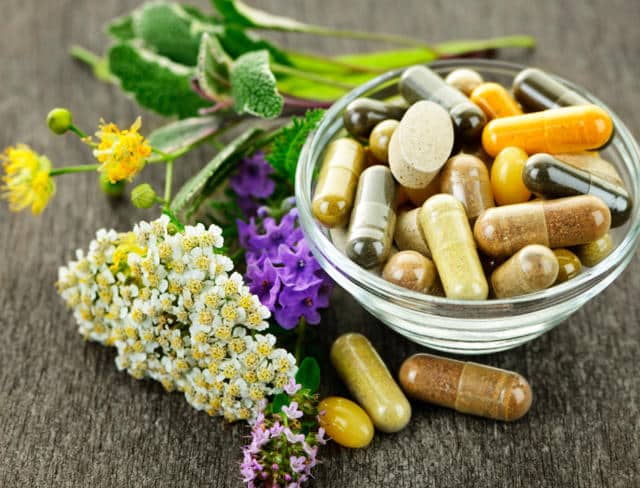written by:
reviewed by:

During cold and flu season, it is important to practice good health hygiene and to stay home when you are sick. But besides washing your hands and not touching your face, you may ask, how to boost my immune system?
While there’s no silver bullet, to boosting your immune system, you have a better chance of preventing and recovering more easily from illness when your immune system is healthy. In addition to a healthy diet, there are many supplements that support a healthy immune system and help ward off viruses and infections. Here are nutritionist Carole Childers’ recommendations.
Zinc lozenges
Zinc lozenges can reduce the severity and duration of a respiratory virus. Zinc works by preventing the virus that causes many respiratory illnesses from multiplying and from lodging in the mucous membranes of the throat and nose. One expert suggests taking the lozenge while lying down to allow it to coat the back of the throat and nasal membranes.
Probiotics
Probiotics, especially Lactobacillus plantarum and Lactobacillus paracasei, play a role in protecting against viruses, and shortening duration by boosting gut health, which boosts overall health and the immune system. It is important to have a balanced probiotic with both bifido and lactobacillus strains as well as a prebiotic to ensure optimal gut health.
Vitamin C
Vitamin C has been shown in studies to shorten the duration of colds and other viruses and has been shown to prevent infection in some cases. According to the NIH, a vitamin C deficiency can lead to reduced resistance to certain pathogens, while a higher supply enhances several immune system parameters.
Vitamin D
Vitamins D is effective in preventing acute respiratory infections. Vitamin D activates immune system-based proteins that kill a wide range of pathogens.
Oil of Oregano
Oil of Oregano has many studies on its antiviral and bacterial properties. It is a spicy oil so most people prefer to take it in a capsule, however, there are liquid preparations available.
Call First if You Show Symptoms of Covid-19
If you feel sick — especially if you develop symptoms of Covid-19 — call your doctor or contact a local health clinic for instructions. If you have been in close contact with a person known to have COVID-19 or live in or have recently traveled from an area with the ongoing spread of COVID-19, call ahead before you go to a doctor’s office or emergency room.
The information provided on Health Food Radar is intended for general informational purposes only. While we strive to offer accurate and up-to-date content, we do not provide medical advice, diagnosis, or treatment. Always consult with a qualified healthcare professional before making any dietary or lifestyle changes, especially if you have underlying health conditions or concerns.



